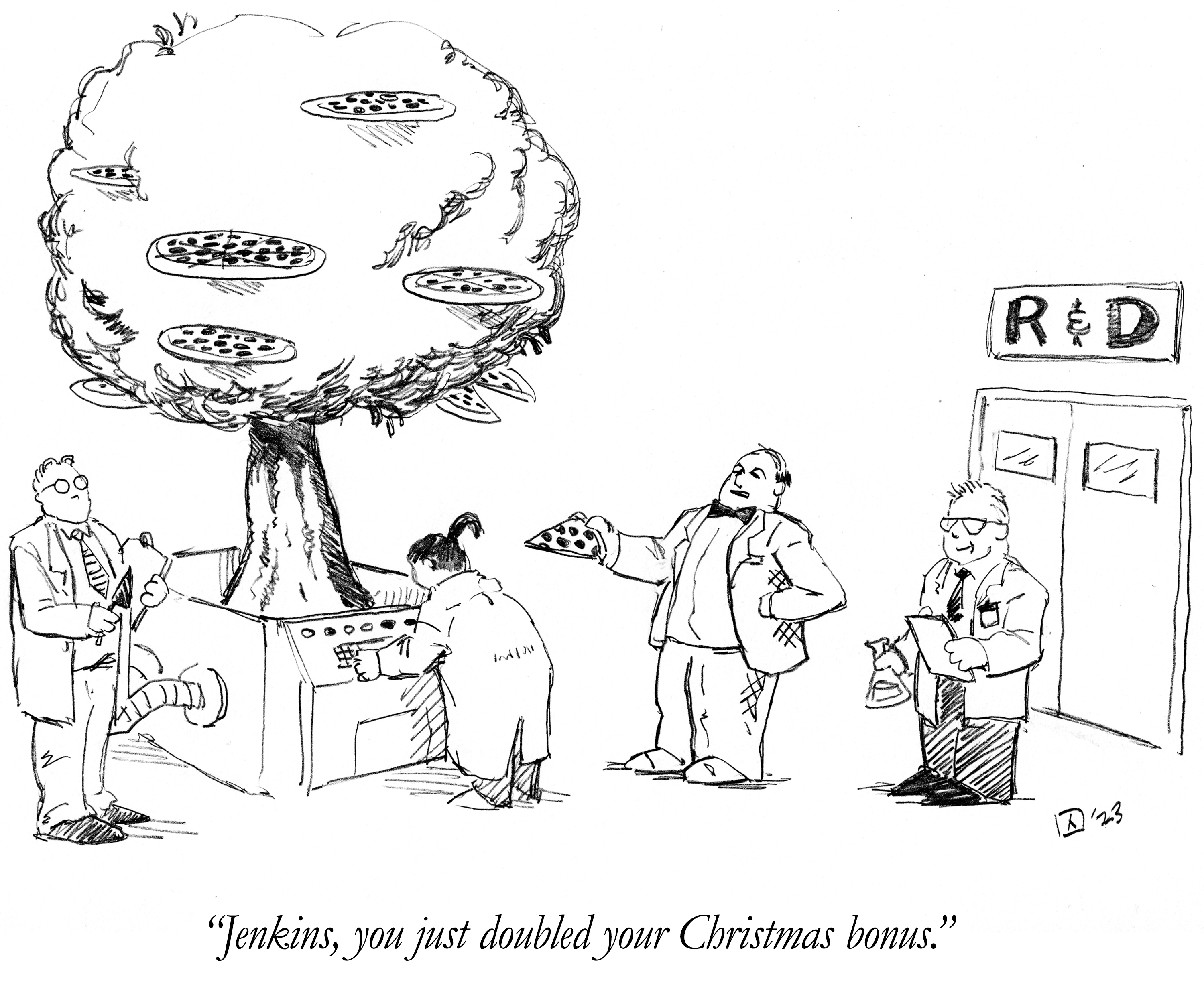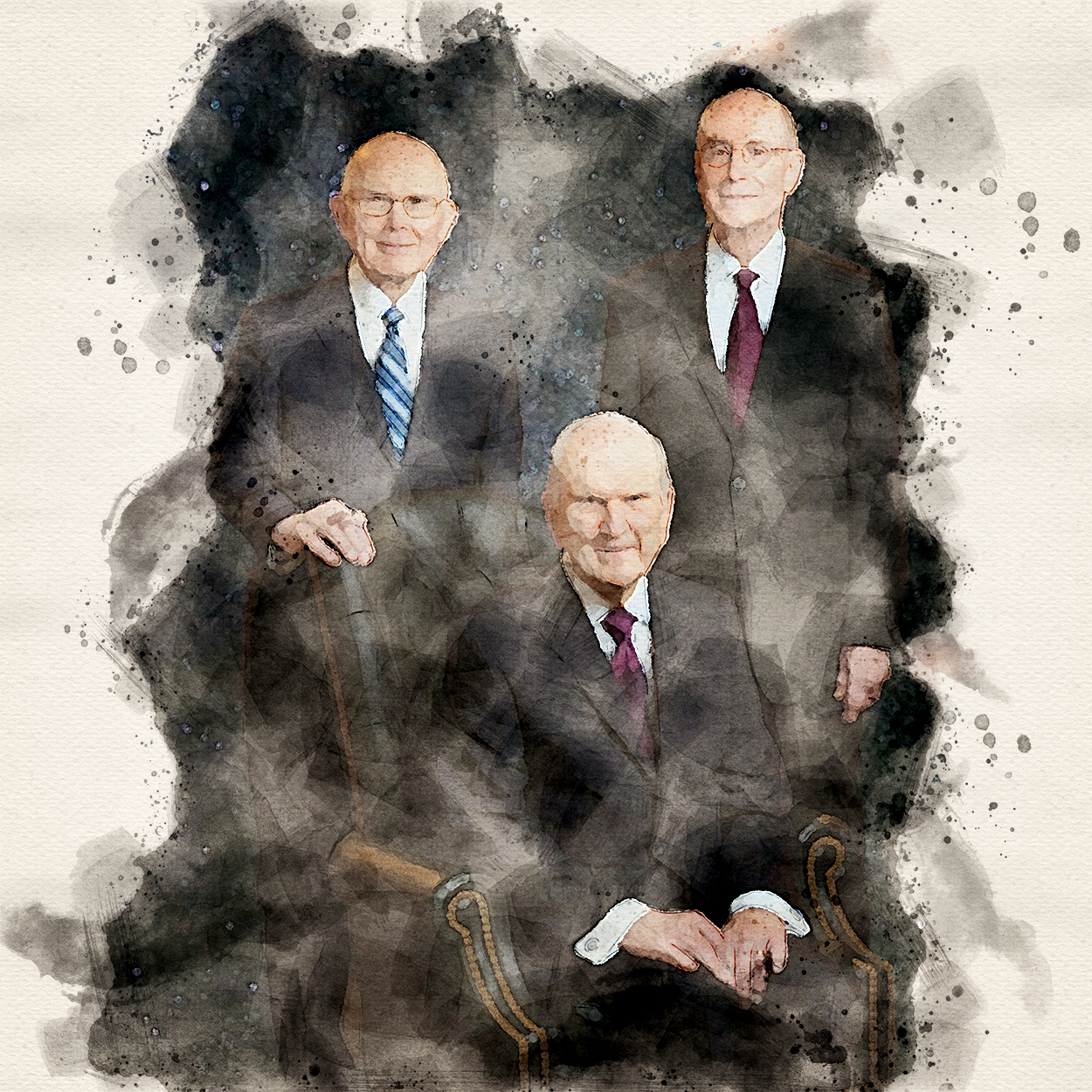Brian Grim is the founder of the Religious Freedom and Business Foundation, an organization that works to help companies see the value in including religion in their diversity, equity, and inclusion initiatives. He took some time to sit with Public Square Magazine and talk about the foundation.
Public Square Magazine: I would really love to hear a bit about your backstory and how you came to form this organization as well as its mission and purpose.
Brian Grim: I was working at the PEW research center and developed measures for religious freedom for countries around the world. PEW has carried that on for the last few years since I started it in 2006 or something like that. Once I measured religious freedom or restrictions on religious freedom coming from either governments or social constructs, then I could see how it relates to other things like sustainable development, global competitiveness, and GDP growth. What I found was that where you have more religious freedom, you have more of the good things. You have more of other kinds of freedoms, fewer conflicts, more peace, more economic progress, sustainable development, and so forth. As a person of faith, I looked at that and thought, “This is a good argument for religious freedom.” Not just for people of faith, but people without a religion or faith. Religious freedom covers everyone’s right to believe, change their belief, or have no belief at all. I thought that someone should be working on this and I felt like it was a call from God for me to leave PEW and start the foundation to start making that case. We look for ways for businesses to be an ally in a culture where everyone is respected, everyone belongs, and their beliefs and faiths are included just like other identities.
PSM: It seems like you are noticing that there is a lot of talk about diversity, equity, and inclusion, specifically within business. What I’m hearing you say is, “Yes, diversity, equity, and inclusion,” and religion is included in that, and if so, how can we create an environment for all of these things to coexist, which promotes better business? Do I have that right?
Brian: Yeah, that’s right. Diversity is just a fact. You are either diverse or not diverse. Equity is something that you work towards. Inclusion you have to work towards. All of those things are aimed so people belong. Many people call it DEIB—diversity, equity, inclusion, and belonging. That’s really the objective. It’s not just a ‘tick-box’ phenomenon and saying, “Okay, we have this many of that kind of person,” or “Make sure we have that group covered.” It’s nothing like that; it’s making sure everyone belongs. Religion is one of those protected categories by law that needs to be accommodated.
However, many companies for many years said that they would not do religion or politics. There are things that you don’t talk about at the dinner table. They thought that the separation of church and state also applied at a business level. That does not actually make sense, though, if you are trying to create an environment where people feel like they can bring their whole ‘self’ to work. It used to be that you had to leave your faith and your belief at the door, but you come in and feel like you don’t belong. That is a business cost. If you have an environment where people of faith feel like they can’t be themselves, they are going to look for a workplace where they can.
Companies are realizing they are losing people because there are some companies that have embraced faith as part of their diversity. There are companies that have excluded religion from their DEI initiatives, and they only have to lose a few important people before they realize this is a business cost. But it can actually be a business benefit. It’s attractive; you can recruit people because they want to work in a space where they can belong. It’s good, not only for recruitment but for retention as well. If you are in a place where you feel valued, you are going to want to stay. It not only increases motivation and commitment but it creates an understanding and networks which the business can benefit from. If you have a company that is in India and you have no idea what Hinduism is about, you are at a business disadvantage. Or if you are going to work in Utah, but you know nothing about The Church of Jesus Christ of Latter-day Saints, you will be at a business disadvantage because that is a big part of the culture. It is hard to do if you are denying that religion has any importance or anything to do with what it means to bring your whole self to work.
PSM: Yeah, I really appreciate that perspective. Could you tell me a bit about what that looks like on your end of things? How do you approach businesses? What are they looking for from you? How do you help educate them on this?
Brian: Really our goal at the Religious Freedom & Business Foundation is to shine a light on the work that has already been done in best practices. I don’t view myself as the person coming up with the ideas or creating this. There has been real pioneering work done by companies around this concept, like American Airlines, Intel, Ford, American Express, Texas Instruments, and a number of other companies. They have been including religion as a part of their diversity for over 20 years.
So, really, what we are trying to do is to start recognizing this and sharing their stories and what they are doing. Additionally, we also have a benchmarking index we created called the religious, equity, diversity, and inclusion index or the REDI index, which allows companies to benchmark their progress. Here, we give awards to companies that are on that journey, and it gives voice and visibility to what is going on within the companies. Of course, when I work with these companies, I learn a lot, and I can see what best practices are so that I get a good knowledge base. But the knowledge base that is the most important is the people in these companies and connecting them. It’s really a movement now. That’s how it spreads from one company to another. American Express has helped more than 50 other companies to start including religion as a part of their diversity.
You wouldn’t think that companies would share it with other companies, but the people who are involved in the inner workings of the company believe so much in this concept that they want to spread this knowledge around. So that is what our foundation does, it provides a venue for people to meet and get to know one another from different companies, share best practices, recognize them through awards, and collect information to share and make that available to as wide an audience as possible.
PSM: That is cool. I didn’t know that American Express and some of these other companies have been doing that for so long. It’s so cool that you are trying to bring this in. My other question is, a lot of companies now have seen some negative side effects of DEIs, and some companies have stepped away from that, have you noticed that as well? Or how has it impacted your work?
Brian: I have seen the exact opposite in the category of faith. So, in addition to the REDI index, we also do the REDI monitor, where we monitor Fortune 500 companies’ diversity web pages. Every year for the past five years, we have gone in and coded up their web pages in terms of mentioning or illustrating religion, and if so, do they give additional details of what they are doing to include religion as part of diversity and can you click down and find more information. The more things they disclose on their diversity web page in the area of religion then the more points they get. What we have found in the last 2 years is that the number of companies that do this in the Fortune 500 companies has increased from 202 to more than 400. So it has doubled in the number of companies that are including religion as part of their diversity inclusion. Now, the majority of Fortune 500 companies are including this.
Your next question should be, “Well, why is that?” I can’t say exactly, but there are two things. One, not only those companies that have been doing it for more than 20 years, but other companies like Google, PayPal, and Salesforce, have really stepped in and been really active in the last 5-7 years, and other companies are noticing. Once you have name-brand companies, then these newer companies are coming in and it creates a movement. Now, it’s not impossible to implement. Some have thought that it would be illegal or impossible to include religious diversity because they have assumed that diversity is about making sure that you have X amount of women, people of color, and so on. Saying that you need X number of Christians or Muslims or people of other religions does not make any sense and is actually discrimination. Religious inclusion is about making people feel that their faith and identity are welcome.
PSM: What I’m hearing you say is that instead of stepping away from DEI, it is becoming even more all-encompassing. Like how can we broaden our horizons even more? My follow-up question is that many of these different groups that a person can identify with have differing beliefs and ways of living life. How have you noticed that within a work setting? Do you find that with more acceptance and more inclusion, they are able to navigate those different beliefs within a company? Or does it feel more difficult in different ways to manage?
Brian: What happens inside a company is a beautiful model for what could happen to our society. What happens is that they talk about making space so that we can celebrate the uniqueness of each of our identities without having to water down what we believe. So they provide some guardrails. One is that it is not about proselytizing, this is not about dogma, but it is about celebrating the holidays and the religious events or commemorating other events that are important. It is about helping people understand what a Muslim believes, what Zoroastrians believe and practice, and what’s the difference between a Seventh-day Adventist and a Jehovah’s Witness, they are very different. It’s about understanding these differences and providing community so people can feel like they belong and then working together in ways that make sense.
For example, Dell has an interfaith employee resource group, but they have faith pillars like Christian, Muslim, Jewish, Hindu, and so forth that are like chapters. But, they had an idea to do a global freedom initiative to combat human trafficking. As they had that idea as an interfaith group, they realized it was not just for people of faith. Every community is affected by human trafficking. So they reached out to the black group, the LGBT+ group, the veterans group, the abilities group, and all the different groups in Dell to collaborate, and they did a global initiative to train all Dell employees where they learned how to spot human trafficking and what to do. So right there is an example of how when you bring faith in, it’s like living the golden rule, “do unto others what they should do unto you,” is being put to practice. We should do something about human trafficking and global hunger; these issues unite groups. We don’t see this resulting in conflict; we see it resulting in collaboration and joint service.
PSM: That seems to be a beautiful thing.
Brian: It is! It’s very encouraging. I, of course, go around and speak about this in different settings. Especially when you get to religious freedom, people are so surprised because they are so used to hearing about all the problems in the world. There are, but this is a very bright light because it is opening a space where faith is welcome, and then these companies engage and people in the companies are set free to do good. Really, that’s religious freedom in practice.
















